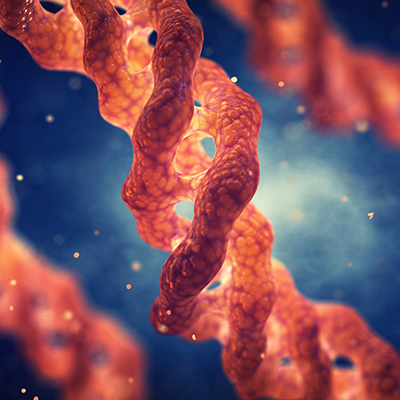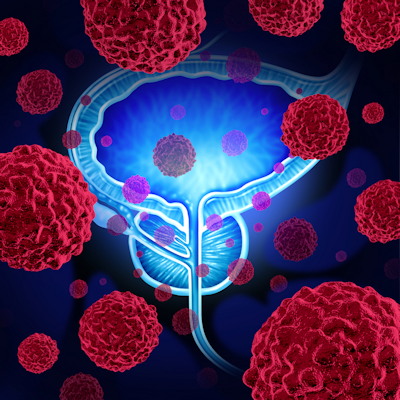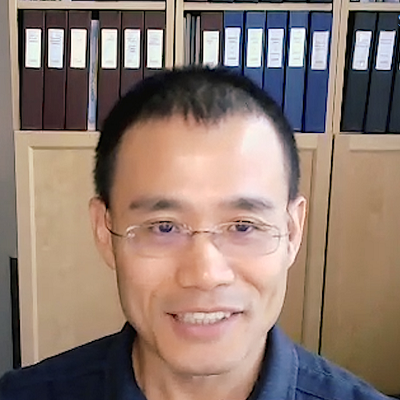October 3, 2022 -- Cambridge University scientists have discovered that cancer cells co-opt a process used by healthy cells to spread around the body, changing the current thinking about metastasis. They found that blocking the activity of the sodium leak channel non-selective (NALCN) protein in mouse cancer cells triggered metastasis.
The research, funded by Cancer Research UK (CRUK) and published September 29 in the journal Nature Genetics, also found the process was not restricted to cancer.
When researchers removed NALCN from cancer-free mice, healthy cells left their original tissue to join other organs. For example, healthy pancreas cells migrated to the kidney and became healthy kidney cells. This suggests that metastasis isn't an abnormal process limited to cancer, but rather a normal process exploited by cancer cells to migrate to other parts of the body and metastasize.
Despite being one of the main causes of death in cancer patients, metastasis remains hard to prevent, largely because of the difficulty identifying key drivers of this process that are targetable by drugs. With NALCN's role in metastasis identified, researchers are now looking into ways to manipulate NALCN function to block metastasis. In particular, drugs capable of reopening non-functional NALCN channels might prove to be effective antimetastatic therapies.
"Discovering that a cancer has spread is always devastating news for patients and their families and so we are delighted to have supported this incredible research which may one day allow us to prevent metastasis and turn cancer into a much more survivable disease," said CRUK director of research Catherine Elliott, PhD.
Copyright © 2022 scienceboard.net









